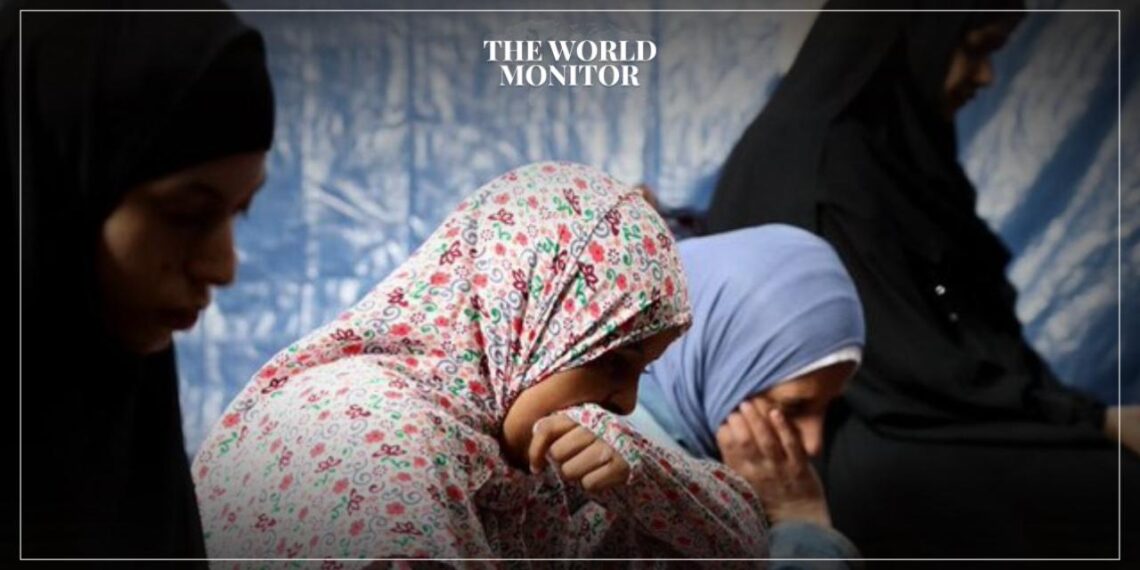According to a recent survey by the Muslim Women’s Network, three-quarters of Muslims now express concern for their safety—a significant increase of nearly 60% following a week of far-right riots across the UK.
Before the riots, only 16% of the 200 surveyed members felt highly concerned, a number that has risen to 75% after the events.
Additionally, about 20% of respondents reported experiencing hostility following the Southport stabbings, which led to widespread misinformation and subsequent violence.
Sky News interviewed two Muslim women at the Abdullah Quilliam Mosque in Liverpool, a site of clashes between far-right protesters and counter-demonstrators on August 2.
Lila Tamea, a 26-year-old PhD student, recounted the advice given to worshippers to avoid windows due to the threat of bricks being thrown, noting a lack of police protection and the crucial support from both Muslim and non-Muslim community members.
Amina Atiq, a 29-year-old poet, shared her frustration over the inability of her family to mourn properly after the attack, feeling that they were unjustly viewed with suspicion.
She also voiced her dismay at the rioters’ inability to recognize her humanity.
Baroness Shaista Gohir, chief executive of the Muslim Women’s Network, called on the government to reassess its hate crime legislation, pointing out the increase in hate crimes and the outdated nature of the current Hate Crime Strategy.






